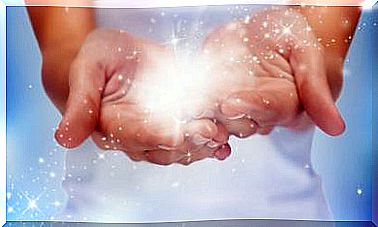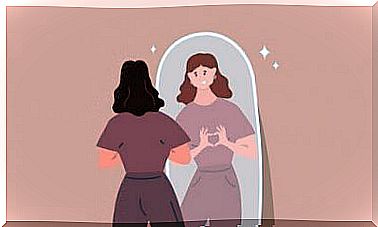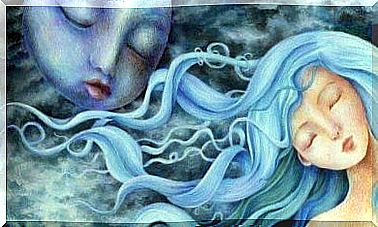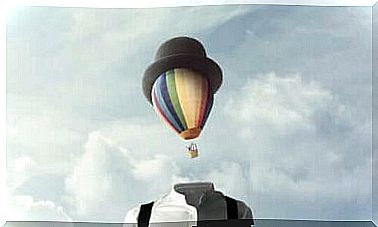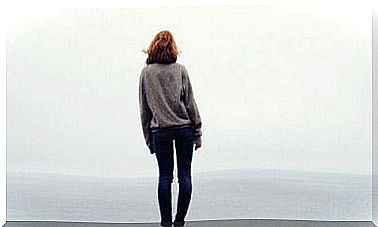The Wickedness Survives Thanks To The Looks They See But Do Nothing
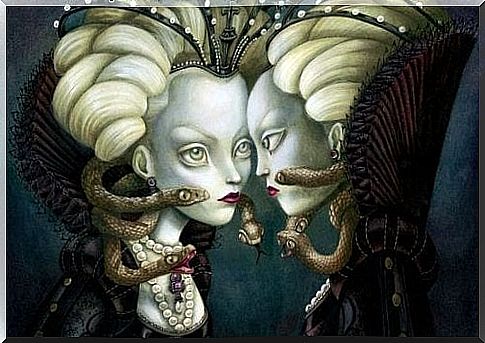
There are those who wave the flag of goodness and pride themselves on flaunting the medal of altruism, but when they witness scenes of daily wickedness they do not react, and then we understand that their words have vanished into thin air, they have become dust and air. He turns away and shows himself passive, closes his mouth and remains silent in the face of the injustices and humiliations that touch others.
One of the classic examples of malice is that of a genocide that exterminates entire peoples. We think of people who take the lives of others with violence. Let’s imagine a torturer or a terrorist who mows down lives in the name of a God. But there is one thing that must be kept in mind: acts of wickedness occur at every moment even in the closest environments to us, in the most intimate ones, to which we have direct access with all our senses.
Most of us do not have the opportunity to become a savior in the war contexts we see every day on television or on social networks, but sometimes it is enough to look up from the screen to witness events that seriously damage our sense of humanity and of which we are often silent accomplices. Yes, we are accomplices, because we see and we are silent, we turn away, we swallow the bitter morsel and we concentrate on something else.
We are talking, for example, about bullying or those screams that we hear in our house through the walls, where children cry and one of the two spouses is silently mistreated. We also refer to that neighbor who harms his pets, that woman who treats her child badly when she takes him to school or that boss who verbally exploits and humiliates an employee.
Wickedness has many faces, many forms and infinite channels through which it extends its power and its evil arts. However, it survives for a very specific reason: because people who are supposed to be “good” do nothing to hinder its practice.
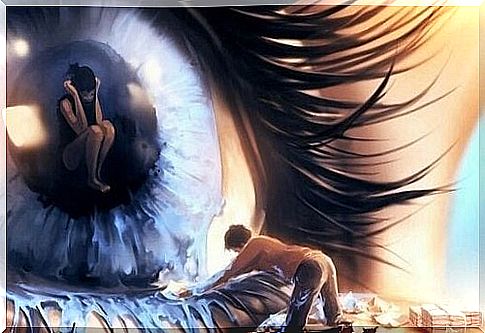
The origin of malice and its tolerance
Arthur Conan Doyle made use of a very curious term when Sherlock Holmes had to confront Professor James Moriarty: he described him as suffering from “moral dementia”. This expression, unwittingly, contains an idea that represents the thinking of many of us: only a sick person or a person suffering from some psychological disorder can commit an act of true evil.
With the use of the label “pathology”, we calm down and make sense of those gestures that are devoid of logic and explanation. However, as disheartening as it may seem, behind most of these adverse, harmful and destructive reactions there is not always an anti-social personality disorder, there is not always a disease.
Sometimes the evil act can be perpetrated by a normal person, close to us and known to us, who puts into practice learned gestures, behaviors that are the result of a dysfunctional or deficient education. Other times the protagonists are people with low emotional control, who let themselves be carried away by the impulses or the influence of third parties. Finally, it happens that it is the environment itself and the circumstances that create an evil current.
Albert Ellis himself explained that evil as an essence or as a genetic component does not exist, or at least it is not so common. In fact, all of us are capable of being accomplices of evil at certain times and under certain conditions.
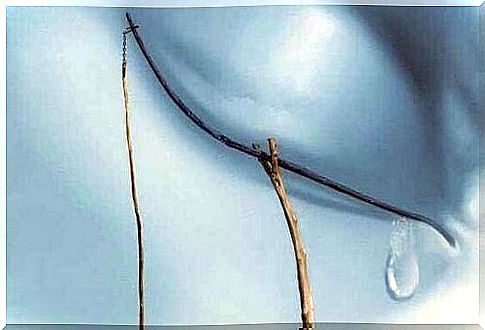
Why do we stand still in the face of injustices?
Let’s go back to the title of this article: one of the reasons evil triumphs is that “theoretically good” people do nothing. But why don’t we act? What can explain this stillness, these closed eyes and this gaze that seeks another point on which to rest? Let’s see together some explanations for this behavior to think about:
-The first is clear and simple: we tell ourselves that what we are seeing has nothing to do with us. We are not responsible for it, we did not provoke it, and the person suffering is not tied to us. The absence of emotional implication is undoubtedly one of the first causes of immobility.
-The second aspect is related to the need to maintain the harmony or functionality of a context. For example: the teenager who witnesses the damage done by a bully to a classmate may choose to remain silent rather than report the facts. This passivity can be caused by the fear of breaking the existing equilibrium or by fear of endangering the social position it enjoys in that context. If he defends the victim, he runs the risk of suffering consequences, losing his status and becoming the target of possible attacks.
You know, it is not easy, especially when the others (the “bad guys”) have everything to gain and we have everything to lose. But we must try to intervene as much as possible, to look for new mechanisms, gestures and channels with which to defend the individual who needs help. As the philosopher Edmund Burke said, justice exists only because people make the effort to stand up against injustice.
The need to open our eyes to the daily evil
We have already said it before: evil takes many forms. She is cryptic, sometimes she disguises herself and speaks several languages: that of contempt, that of emptiness, that of verbal aggression, that of discrimination, that of rejection, injustice, etc.
We are not saying to put on a cloak and go looking for situations where there are people in pain. We are saying to do something much simpler, more basic and useful: open our eyes and be sensitive to what happens every day in front of us, in the spaces closest to us. We all have a responsibility to prevent injustice from spreading, and to this end there is nothing better than starting with what is closest to us.

Moral integrity is an act of daily responsibility. Decide to take that step and denounce the offense, the mistreatment, the aggression, the injustice. Let goodness have real meaning, allow the nobility of soul to have a voice and to be useful.
Main image courtesy of Benjamin Lacombe
